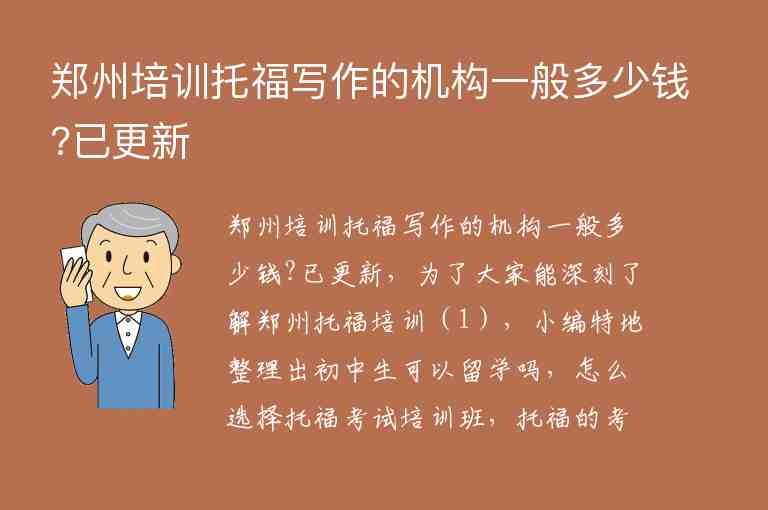急缺人才是指在某个领域或行业中,迫切需要具备特定技能和知识的人才。这些人才的数量有限,却又无法满足当前的需求,因此被称为“急缺人才”。
How to pronounce: [jí quē rén cái]
Usage: 急缺人才通常用来描述一种紧缺的现象,特指某个领域或行业中所需的人才数量远大于可供选择的人数。
Example sentences:
1. The tech industry is facing a shortage of skilled workers, making software engineers and data analysts among the most in-demand and urgent talents. (科技行业正面临着技术工人短缺的问题,使得软件工程师和数据分析师成为最紧缺、最急需的人才之一。)
2. The healthcare sector is struggling to find enough nurses and doctors to meet the increasing demand for medical services, highlighting the urgent need for talents in this field. (医疗行业正苦于找不到足够数量的护士和医生来满足日益增长的医疗服务需求,凸显出该领域急需人才。)
3. As the economy continues to grow, companies are facing a shortage of skilled workers in various industries, which has become a major obstacle to their development. (随着经济持续增长,企业在各行各业都面临着技术工人短缺的问题,这已成为其发展的主要障碍。)
4. The government has implemented policies to attract and retain talents in key industries, such as offering tax incentives and providing training programs, in order to address the urgent need for talents in these areas. (已实施了吸引和留住关键行业人才的,提供税收优惠和培训计划,以解决这些领域急需人才的问题。)
5. In order to stay competitive in the global market, companies must have a strong talent pool and continuously invest in developing their employees' skills and knowledge. (为了在全球市场保持竞争力,企业必须拥有强大的人才队伍,并不断投资于发展员工的技能和知识。)
Synonyms and usage: 紧缺人才、稀缺人才、紧急需要的专业人才等都可以用来描述急缺人才这一现象。
Editor's summary: 急缺人才是指在某个领域或行业中迫切需要具备特定技能和知识的有限数量的人才。这一现象在当前经济发展中十分普遍,对企业和社会都具有重要意义。和企业应该采取措施来解决这一问题,制定吸引人才的和提供培训计划。同时,个人也应该不断提升自己的技能和知识,以满足市场需求并保持竞争力。


